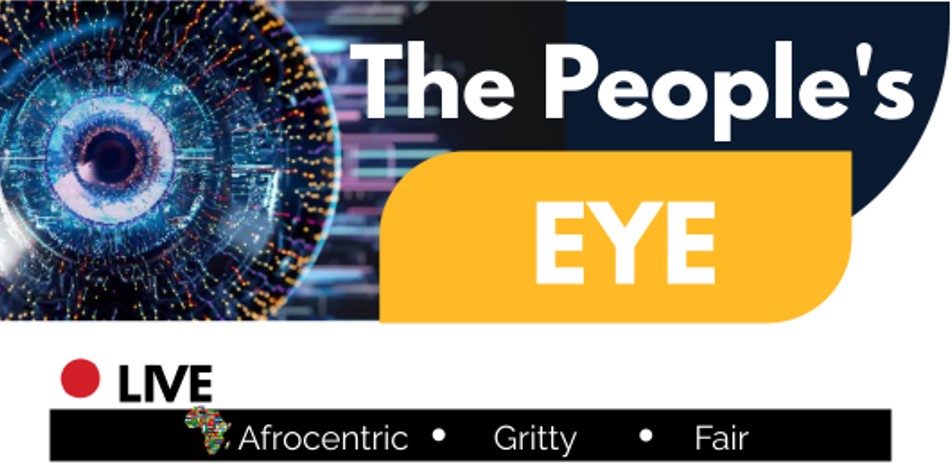-
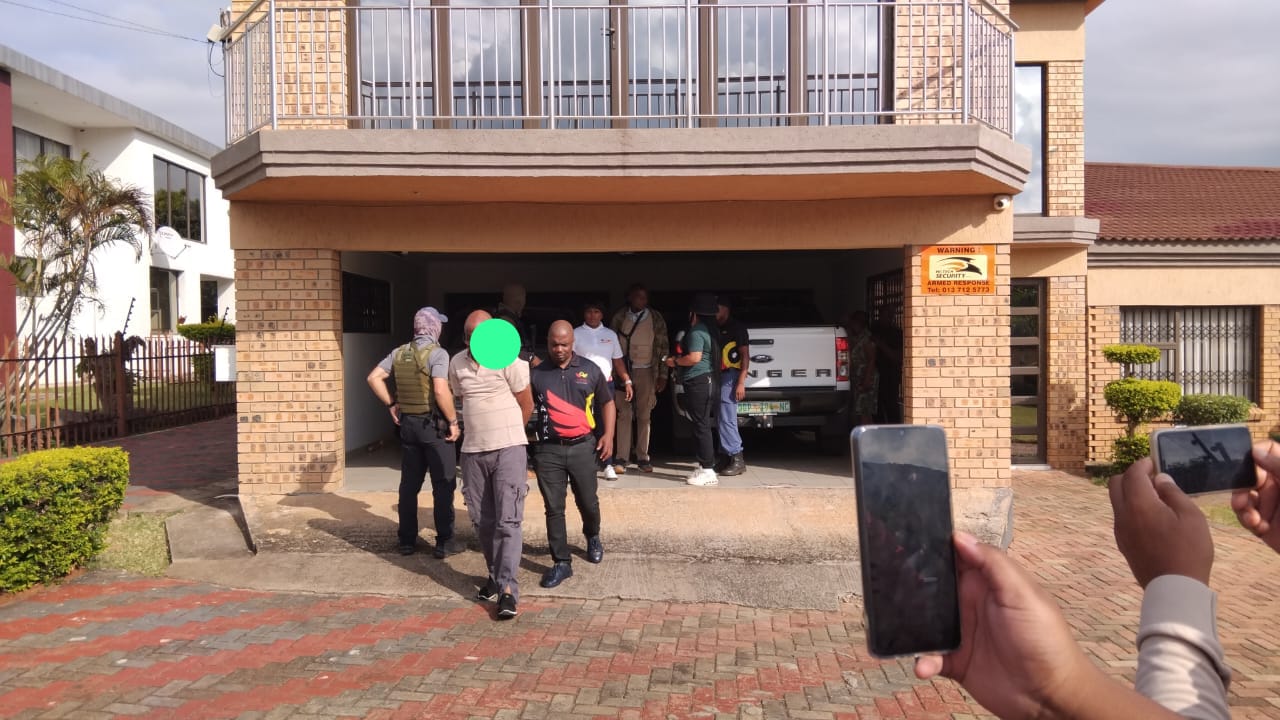 Hawks pounce on Mpumalanga government officials in another repairs and maintenance scandal
Hawks pounce on Mpumalanga government officials in another repairs and maintenance scandal
-
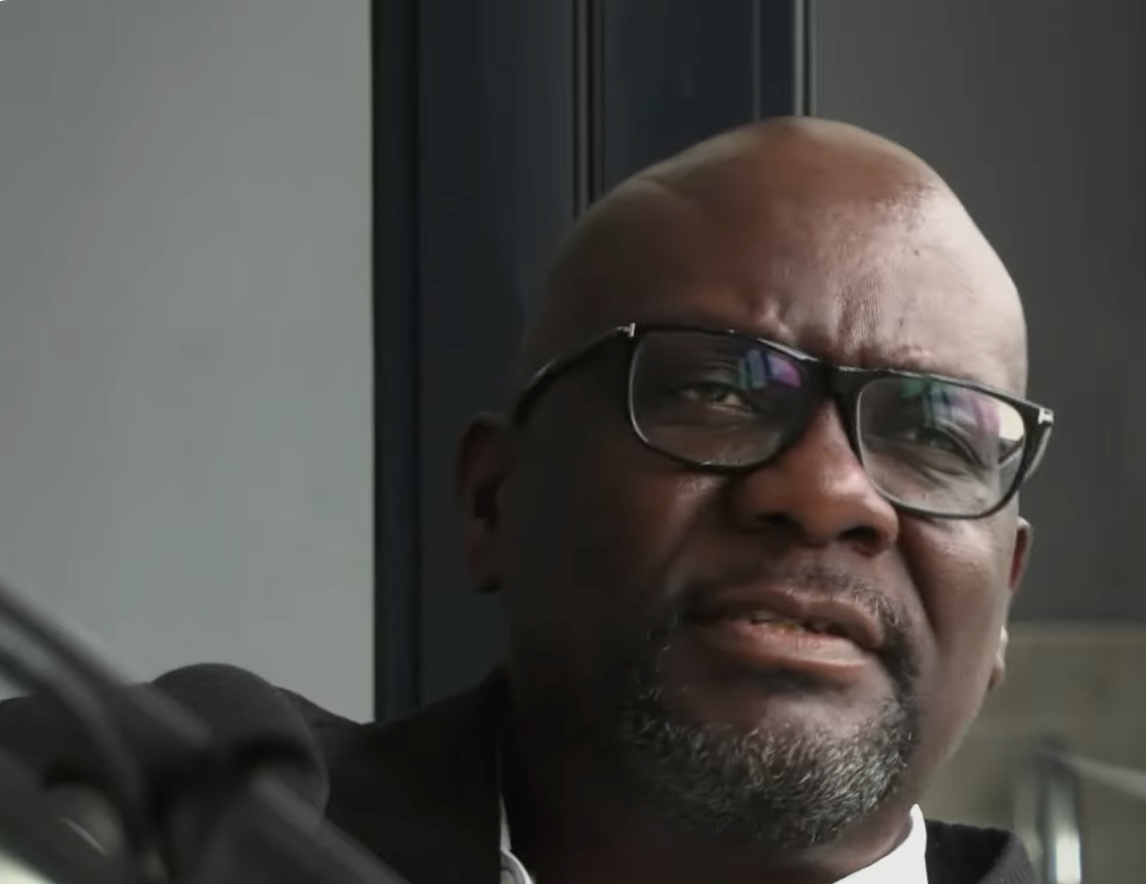 Mulaudzi files R5bn claim against the state
Mulaudzi files R5bn claim against the state
-
 Evaluation Board reinstates disputed value on Rupert’s Mpumalanga property
Evaluation Board reinstates disputed value on Rupert’s Mpumalanga property
-
 Arqomanzi accused of delaying Lily Mine sale because it’s eyeing R141m profit from loan claim
Arqomanzi accused of delaying Lily Mine sale because it’s eyeing R141m profit from loan claim
-
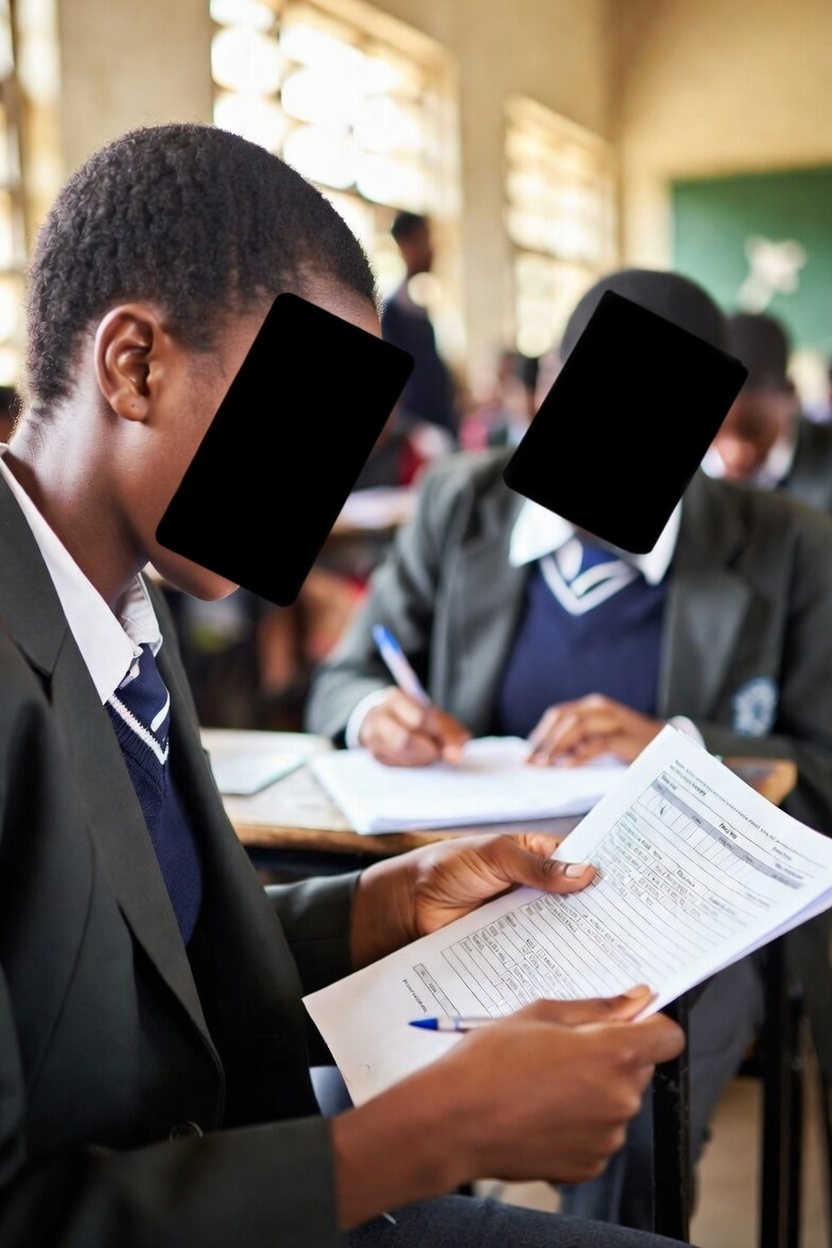 Matric cheating rocks Mpumalanga once again
Matric cheating rocks Mpumalanga once again
-
 Mvianga dismisses Royal Bafokeng’s response to his court application
Mvianga dismisses Royal Bafokeng’s response to his court application
-
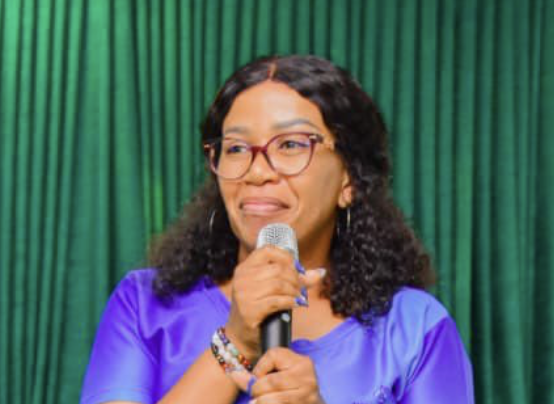 ANC denies ever raising funds from City of Matlosana
ANC denies ever raising funds from City of Matlosana
-
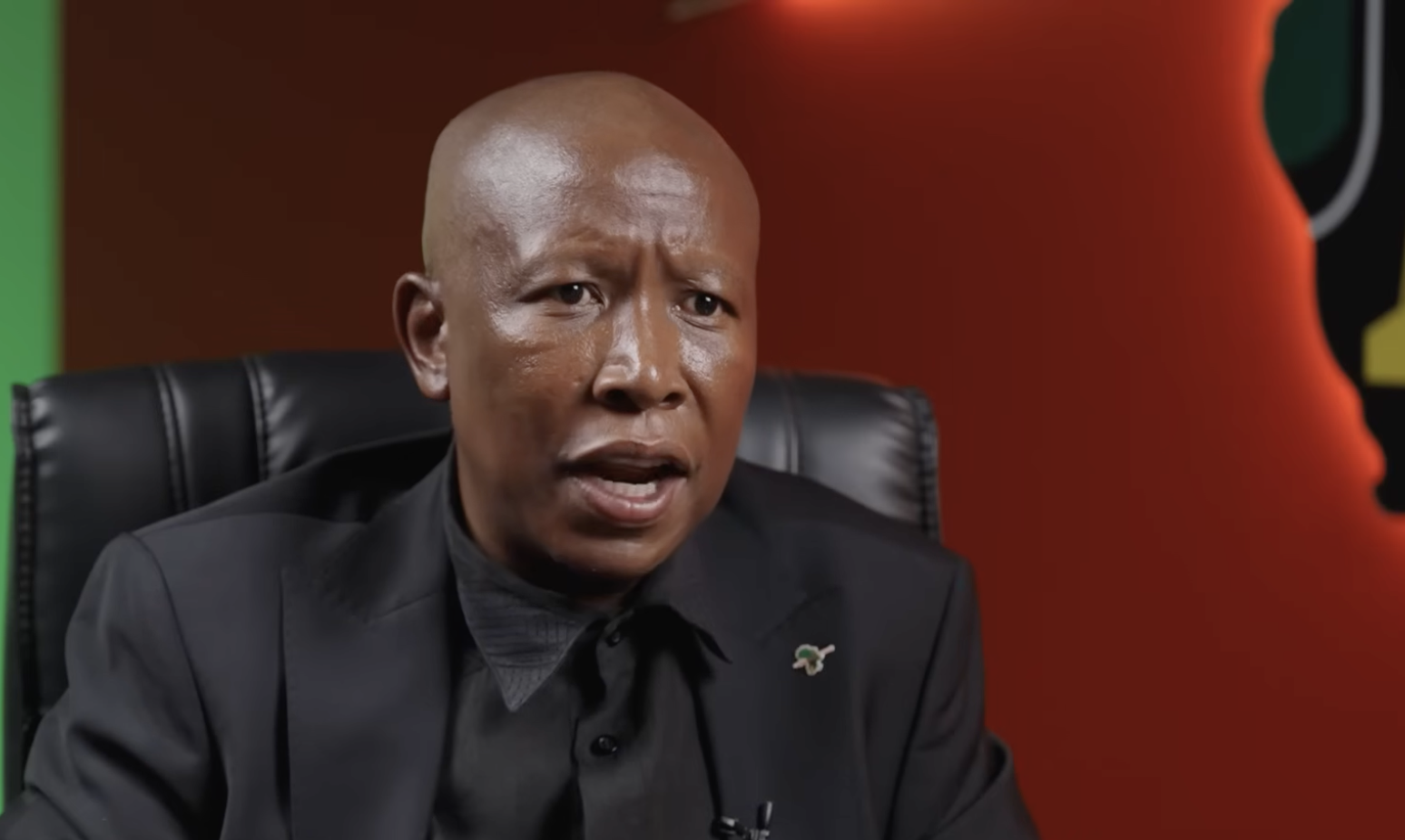 ‘SA must boycott the World Cup’ – Malema
‘SA must boycott the World Cup’ – Malema
-
 Transnet loses third court battle and ordered to pay R60m to Gijima
Transnet loses third court battle and ordered to pay R60m to Gijima
-
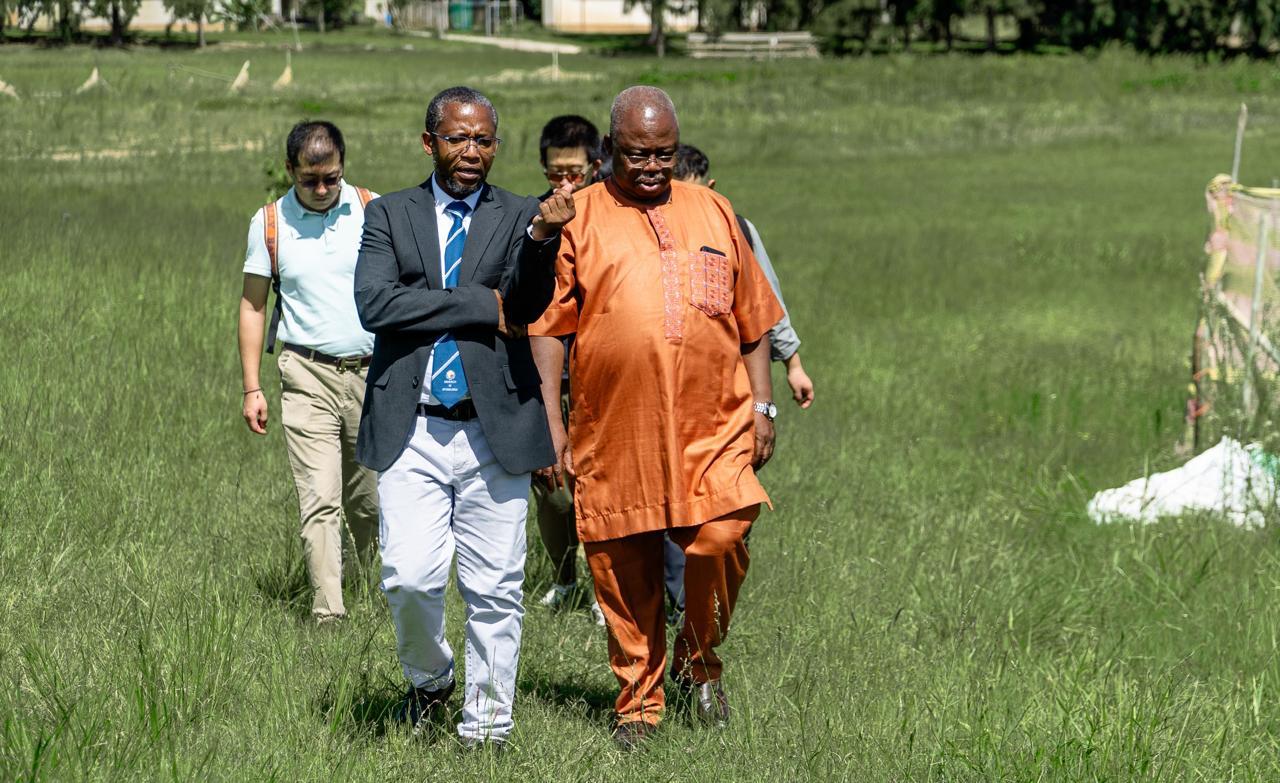 UMP’s ambition to position SA as a leading rice exporter
UMP’s ambition to position SA as a leading rice exporter
Two Limpopo teachers convicted for doing business with the education department
Sizwe sama Yende
The courts have made an example of unscrupulous, greedy and selfish government employees who hog business opportunities for their own benefit after sentencing two Limpopo teachers this month.
These crimes, carried out by brazen civil servants, are often highlighted in the Auditor-Generals reports for both national and local governments every single financial year but they show no signs of abating.
However, the Special Investigating Unit (SIU) and the Hawks in Limpopo seem to be ending the party.
On April 5, 52-year-old teacher, Refilwe Maphuthi Molepo, pleaded guilty on ten counts of fraud and contravention of the Public Service Act.
The Act prohibits government employees from doing business with any organ of state and criminalises such acts.
The Polokwane Specialised Commercial Crimes Court handed Molepo a sentence of R60 000 fine or five years imprisonment, wholly suspended for five years.
Limpopo Hawks spokesperson, Warrant Officer Lethunya Mmuroa, said that an SIU forensic investigator received a presidential proclamation in April 2012 to investigate serious maladministration in the Department of Education.
Mmuroa said that Molepo was a director of a company between April 2010 and August 2012 and rendered a service to the department. “As a result, she received payment amounting to over R430 000 without authority or disclosing that she was doing remunerative work outside the public service,” he said.
The Hawks took over following the SIU’s investigation and drove the case to finality. Molepo was traced and arrested in October last year.
The second case saw another teacher, Mmakolobe Mathar Ramashala (45), pleading guilty to defrauding the Department of Education an amount over R980 000.
Between April 2010 and August 2012, Ramashala was a director of her own company and rendered a service to the department in contravention of the Public Service Act and was paid.
This case was also investigated by the SIU and handed over to the Hawks.
The court gave Ramashala a R100 000 fine or a five-year prison sentence, wholly suspended for five years.
According to the Auditor-General of South Africa, just about 50% of these cases have been investigated by government departments and municipalities after they were highlighted in audit reports since the 2020/21 financial year to date.
In the 2020/21 financial year, auditors identified 61 instances of alleged fraud or improper conduct in supply chain management where employees failed to disclose their interest in the winning supplier.
The concerned departments fully investigated 21 cases (34%) whilst 33 (55%) instances were not investigated. Seven cases (11%) were partially investigated.
In 2021/22, 56 instances were identified. Of these 56 instances, the concerned departments fully investigated 19 (34%) cases while 30 (53%) instances were not investigated. Seven (13%) cases were partially investigated.
Recently, in the 2022/23 financial year, auditors identified 41 cases. Only 19 (46%) of these were investigated; 19 (46%) cases were not investigated and three (8%) were partially investigated.
The picture does not differ much in local government or municipalities:
· 2020/21: Auditors identified 56 cases. The concerned municipalities fully investigated 20 (36%) cases while 33 (59%) cases were not investigated. Three (5%) cases were partially investigated.
· 2021/22: 50 cases were identified, 16 (32%) of which were fully investigated. Thirty-three (66%) cases were not investigated and only 1 (2%) case was partially investigated (page 95).
Spokesperson in AG’s office, Khutsafalo Mnisi, said that the AG shared these findings with the Department of Public Service and Administration and the Public Service Commission SA, to enable them to deal with these transgressions in line with their mandates.
